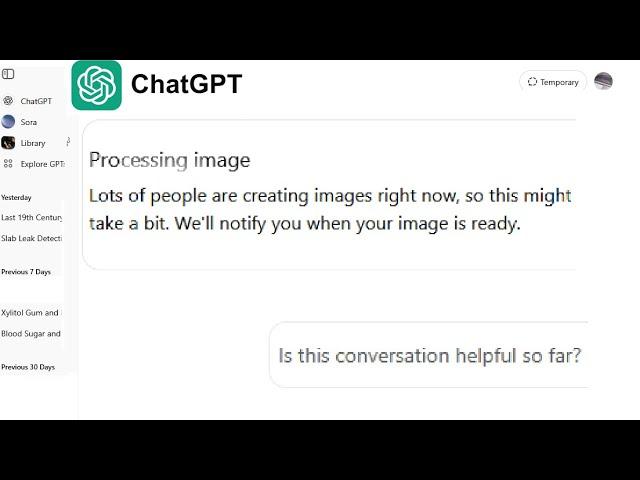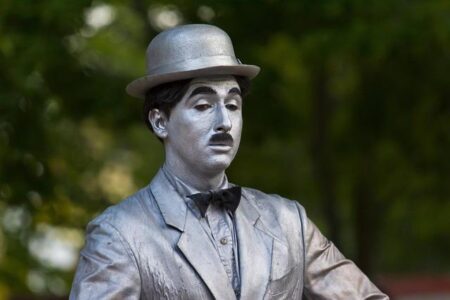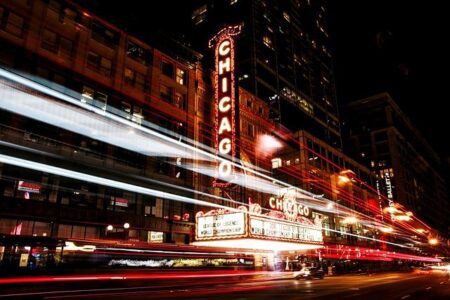Chicago’s Response to National Guard Deployment Speculation Amid Rising Tensions
As Chicago faces increasing unrest, speculation about the possible mobilization of the National Guard has surged, fueled by recent comments from former President Donald Trump. In reaction, Illinois Governor JB Pritzker and Chicago Mayor Brandon Johnson have jointly repudiated these suggestions, reaffirming their dedication to local governance and community-centered safety measures. This article delves into the evolving scenario, the political ramifications, and the city’s commitment to maintaining order without federal military involvement.
Dispelling Myths: National Guard Deployment Rumors Spark Debate
In the wake of President Trump’s remarks proposing military intervention to curb rising crime, rumors about National Guard deployment in Chicago have proliferated across social media and news outlets. Both Governor JB Pritzker and Mayor Brandon Johnson have categorically denied any plans or orders for such action, describing the speculation as inflammatory and counterproductive in a city already confronting complex social issues.
Concerns voiced by city officials include:
- Risk of intensifying friction between law enforcement and local communities
- Danger of treating a social problem with military tactics
- Need for pragmatic, community-driven solutions rather than sensationalist measures
| Authority | Stance on National Guard Deployment |
|---|---|
| Governor JB Pritzker | No plans for deployment; criticizes politicization of safety issues |
| Mayor Brandon Johnson | Opposes military presence; prioritizes community policing |
| Former President Donald Trump | Advocated for military intervention to address crime |
Local Leadership’s Unified Rejection of Federal Military Threats
Governor JB Pritzker and Mayor Brandon Johnson swiftly condemned the federal suggestions to deploy the National Guard, emphasizing that such measures would be unneeded and potentially harmful. Both leaders highlighted Chicago’s ongoing initiatives focused on community engagement and public safety reforms rather than militarized enforcement. Pritzker underscored the importance of cooperative efforts over coercive tactics, insisting that local authorities must retain control over policing strategies.
Mayor Johnson reinforced this viewpoint, cautioning that federal military involvement could worsen community tensions instead of alleviating them. He stressed the city’s commitment to transparency and encouraged residents to participate actively in dialogues with local officials. Key principles outlined by both leaders include:
- Local Governance: Chicago maintains authority over its policing policies.
- Community Safety: Focus on equitable, non-militarized approaches.
- Transparency: Encouragement of open communication with citizens.
- Federal Involvement: Respect for local jurisdiction and collaborative problem-solving.
| Official | Core Message | Recommended Action |
|---|---|---|
| Governor JB Pritzker | Opposes militarization | Advocates for investment in community programs |
| Mayor Brandon Johnson | Supports local control | Promotes enhanced public engagement |
Analyzing the Effects of Military Presence on Chicago’s Neighborhoods
The idea of deploying the National Guard in Chicago has ignited meaningful concern among residents and community advocates. Many warn that introducing military forces could undermine civil liberties and erode public trust, potentially escalating violence rather than reducing it. Experts and local leaders argue for complete, community-led strategies that emphasize social support systems and economic development over armed enforcement.
Primary apprehensions include:
- Heightened risk of violent confrontations due to increased armed presence
- Negative impact on youth and historically marginalized neighborhoods affected by prior police militarization
- Deterioration of relationships between law enforcement and communities, leading to diminished perceptions of safety
| Community Impact | Possible Consequences |
|---|---|
| Increased anxiety among residents | Lower levels of community participation |
| Restrictions on peaceful demonstrations | Raised concerns over civil rights violations |
| Funding diverted from local initiatives | Reduced investment in preventative and social programs |
Governor Pritzker and Mayor Johnson have been vocal in their opposition to federal military threats, advocating rather for solutions grounded in community empowerment and respect for civil liberties. Their approach reflects a broader understanding of Chicago’s diverse social fabric and the need for nuanced, locally tailored responses.
Promoting Constructive Dialog and De-escalation Amid Political Strife
In the face of mounting political tensions, city leaders have called for calm and constructive communication to prevent further escalation.Both Governor Pritzker and Mayor Johnson have publicly criticized former President Trump’s provocative statements, describing them as detrimental to the city’s stability. They urge all stakeholders to prioritize dialogue over intimidation or force.
Community organizations and civil rights advocates have echoed these calls, emphasizing the importance of mutual understanding and peaceful conflict resolution. Their recommendations include:
- Facilitated public forums to address community concerns without resorting to violence
- Clear and transparent communication from officials regarding any potential security measures
- Community policing initiatives aimed at rebuilding trust between law enforcement and residents
| Stakeholder | Statement | Suggested Action |
|---|---|---|
| Governor JB Pritzker | Condemned destabilizing threats | Encouraged dialogue over force |
| Mayor Brandon Johnson | Called for unity and calm | Supported community-led peace efforts |
| Civil Rights Organizations | Warned of trust erosion | Advocated for transparent governance |
Summary: Chicago’s Commitment to Local Solutions Amid National Guard Speculation
As discussions about the potential National Guard deployment in Chicago continue to unfold, the resolute opposition from Governor JB Pritzker and Mayor Brandon Johnson highlights the city’s determination to address its challenges through local leadership and community engagement. Both officials have strongly denounced former President Donald Trump’s threats, emphasizing that lasting public safety depends on collaboration, investment in social programs, and respect for civil rights rather than federal military intervention. The situation remains dynamic, with city authorities and residents vigilantly observing developments. Comprehensive updates will be provided as this story evolves.





